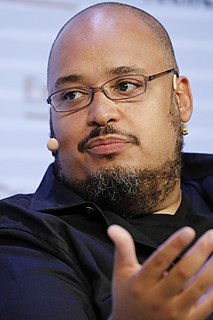A Quote by Sam Altman
Many of the best YC companies have had phenomenally small number of employees for their first year, sometimes none besides the founders.
Related Quotes
There are two companies that the AI Fund has invested in - Woebot and Landing AI - and the AI Fund has a number of internal teams working on new projects. We usually bring in people as employees, work with them to turn ideas into startups, then have the entrepreneurs go into the startup as founders.
Evolving our culture to operate and think differently is no small task. We are challenging our employees to be the best of both small and big companies - they should operate with the soul and spirit of a startup, while leveraging the scale, resources and capabilities of Campbell - with the goal of ultimately becoming the biggest small company.



























